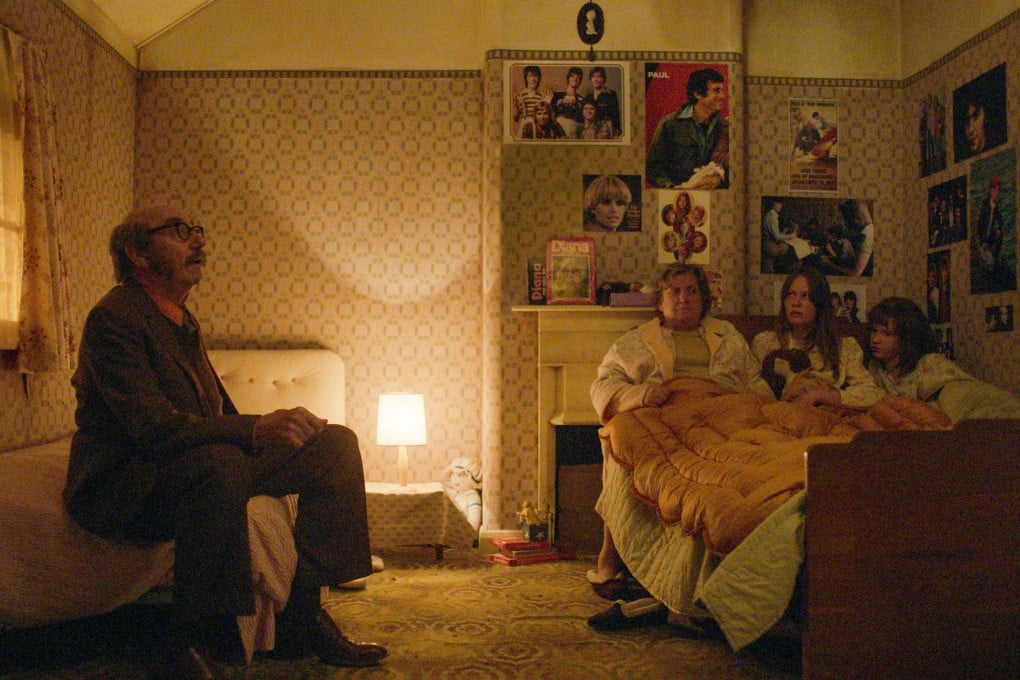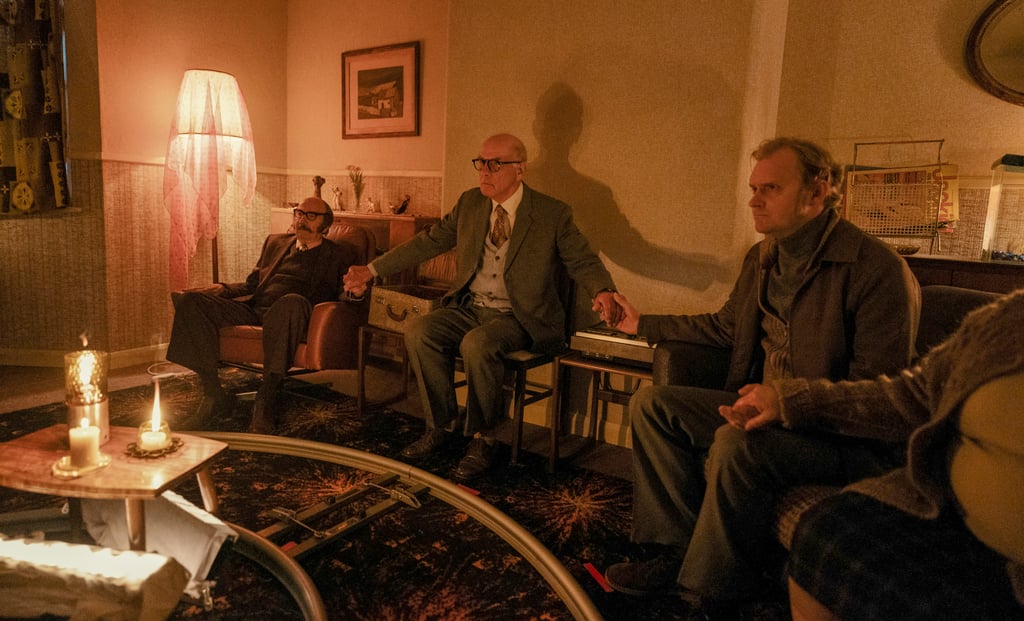Review | What to stream this weekend: notorious London poltergeist haunting the focus of documentary thriller The Enfield Poltergeist on Apple TV+
- The Enfield Poltergeist on Apple TV+ leaves the viewer with a creeping fear with its tale about what happened when a poltergeist visited a suburban London home
- In Netflix K-drama Doona! a celebrity, played by Bae Suzy, moves into a student house, where she falls for a bookish future engineer who doesn’t recognise her

It’s all very well dusting off and reinventing 1973’s The Exorcist for a new generation of film-goers. But how about sampling something terrifyingly paranormal from real life?
Something that doesn’t merely go bump in the night, but crashes, smashes, curses, commits assault and stays with its victims?
Welcome to 284 Green Street, Enfield, London, the epicentre of the most notorious poltergeist case ever documented.
Four-instalment, partly dramatised documentary-thriller The Enfield Poltergeist (Apple TV+) puts us in the inconspicuous public housing estate home that, from 1977, would be terror ground zero for its occupants – and leaves a creeping residue of fear.

Innumerable investigations suggest that poltergeists (“noisy spirits”) often possess the minds and possibly bodies of pubescent girls, perhaps because of their specific emotional and physical “growing pains”.
